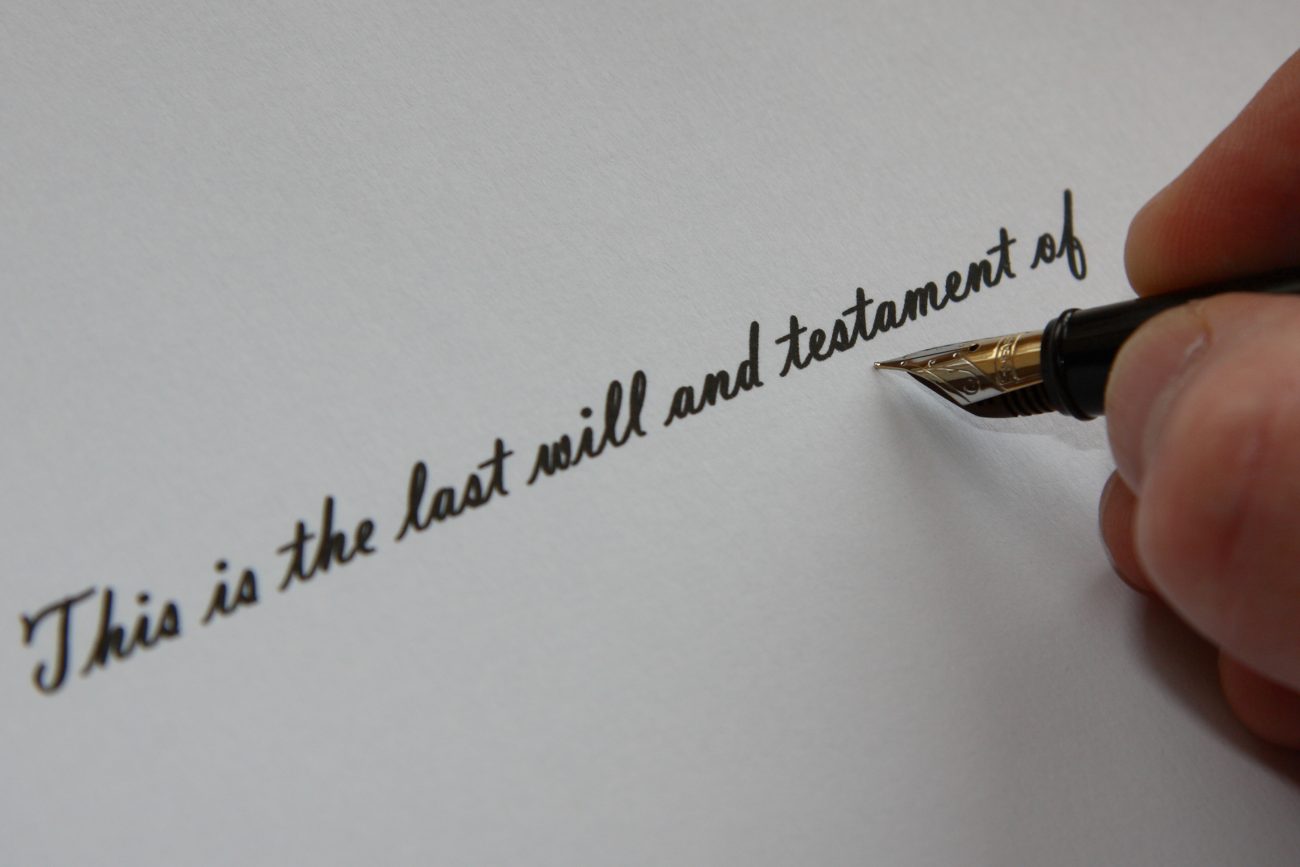Don’t be like Aretha – leave a valid Will not a handwritten note
A handwritten note found stuffed under a cushion can be used as Aretha Franklin’s legally valid last will and testimony, a judge in America has ruled.
The decision came after two long days in court, the testimony of witnesses and a handwriting expert and brought to an end years of bitter dispute between Aretha’s sons.
The problems began when, some time after the queen of soul’s death in 2018, two handwritten notes were found - one in 2010 in a locked cabinet, the other in 2014 under the cushion - naming different sons as executor of her estate.
Had she taken legal advice and made a properly drawn and legally valid Will, her ultimate wishes – that her sons Kecalf and Edward inherit her estate – would have been clear without the ensuing legal battle for her children.
Why is a handwritten Will such a bad idea?
The biggest problem is that people who scribble their own Wills on the back of an envelope, or in Aretha's case in a spiral-bound notebook, tend to use vague and imprecise language when stating what they want to happen to their estate.
As a result, confusion and ambiguity often arises as the Will - lacking precise legal terminology - is left open to different interpretations.
And who is to say which one is right? Especially when the confusion is compounded by hard-to-read writing, spelling mistakes, deletions and grammatical errors.
Can a handwritten Will ever be legally valid?
In England and Wales, it is perfectly possible for a handwritten Will to be considered legally valid but only if it has been properly drafted and executed in accordance with Section 9 of the Wills Act 1837.
One case we reported Handwritten, smudged and confusing - but still a Will worthy of interpretation shows just how far the courts will go, using evidence to establish intention, to ascertain a testator's wishes and ensure an interpretation of the Will which will allow those wishes to be honoured.
Why are the benefits of a properly drawn and legally valid Will?
A correctly drawn Will is an inexpensive way of avoiding difficulties for your relatives and friends in the future in the event of your death. It puts you in control of the final destination of your estate.
It’s also far cheaper and less stressful for your relatives than having to battle things out in court.
Taking specialist legal advice at the time of making the Will can help prevent the problems that can arise with homemade, handwritten Wills and for that matter, with DIY wills. Click here to see what we have written on this subject recently.
Get in touch
Wards Solicitors is recommended in the Independent Legal 500 guide for 2023 for its outstanding professional service standards and high levels of expertise amongst its lawyers.
For help and advice about making or reviewing your Will please contact Wards Solicitors' Wills and Mental Capacity team.
To discuss contesting or defending a Will, the help of a specialist lawyer is vital as every case needs to be looked at on an individual basis. Time limits also apply.
For help and advice, please contact Wards Solicitors’ Contentious Trusts and Probate Team.


